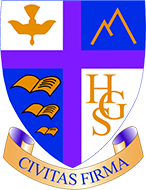EYFS
Holy Ghost Early Years Foundation Stage
Through the Early Years Phase at Holy Ghost School, children are encouraged to develop a love of learning, tenacity, resilience, creativity and collaboration; to participate in open ended exploratory play, to take risks, to ‘have a go’ through the use of stimulating resources and the questioning, scaffolding and challenge of adults.
Four guiding principles of the EYFS 2021 Statutory Framework shape our practice in the early years setting. These are:
- every child is a unique child, who is constantly learning and can be resilient, capable, confident and self-assured
- children learn to be strong and independent through positive relationships
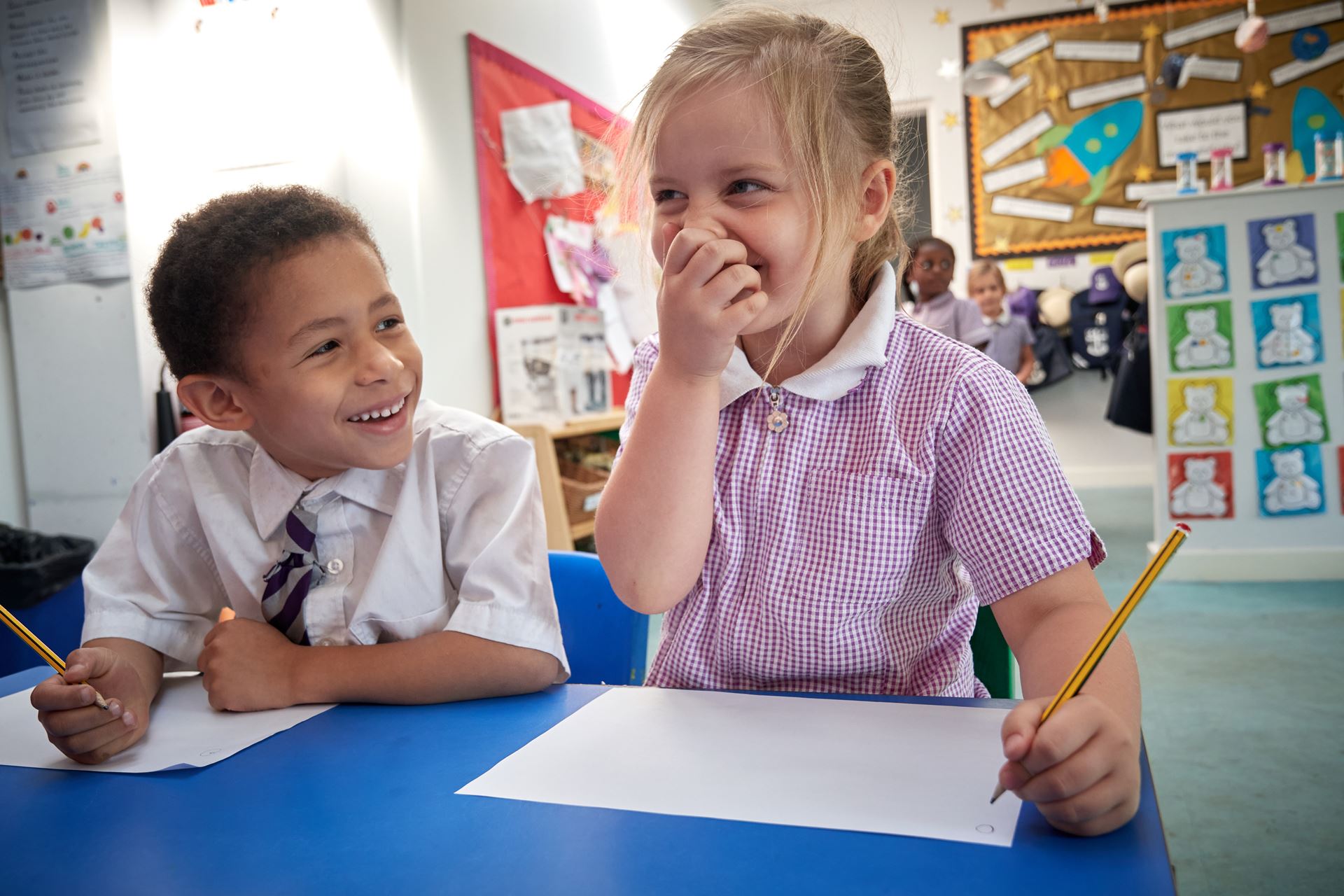
- children learn and develop well in enabling environments with teaching and support from adults, who respond to their individual interests and needs and help them to build their learning over time. Children benefit from a strong partnership between practitioners and parents and/or carers.
- importance of learning and development. Children develop and learn at different rates.
The best outcomes for children’s learning occur where most of the activity within a child’s day is a mixture of:
- child-initiated play, actively supported by adults
- focused learning, with adults guiding the learning through playful, rich experiential activities.
Play supports children to:
- find an interest
- be willing to explore
- experiment and try things out
- know how and where to seek help
- be inventive – creating problems, and finding solutions
- be flexible – testing and refining solutions
- be engaged and involved – concentrating, sustaining interest, persevering with a task, even when it is challenging
- make choices and decisions
- make plans and knowing how to carry them out
- play and work collaboratively with peers and adults
- manage themselves and others
- develop ‘can-do’ orientations to learning
- be resilient – finding alternative strategies if things don’t always go as planned understanding the perspectives and emotions of other people
- building children’s capacity to learn, form relationships and thrive.
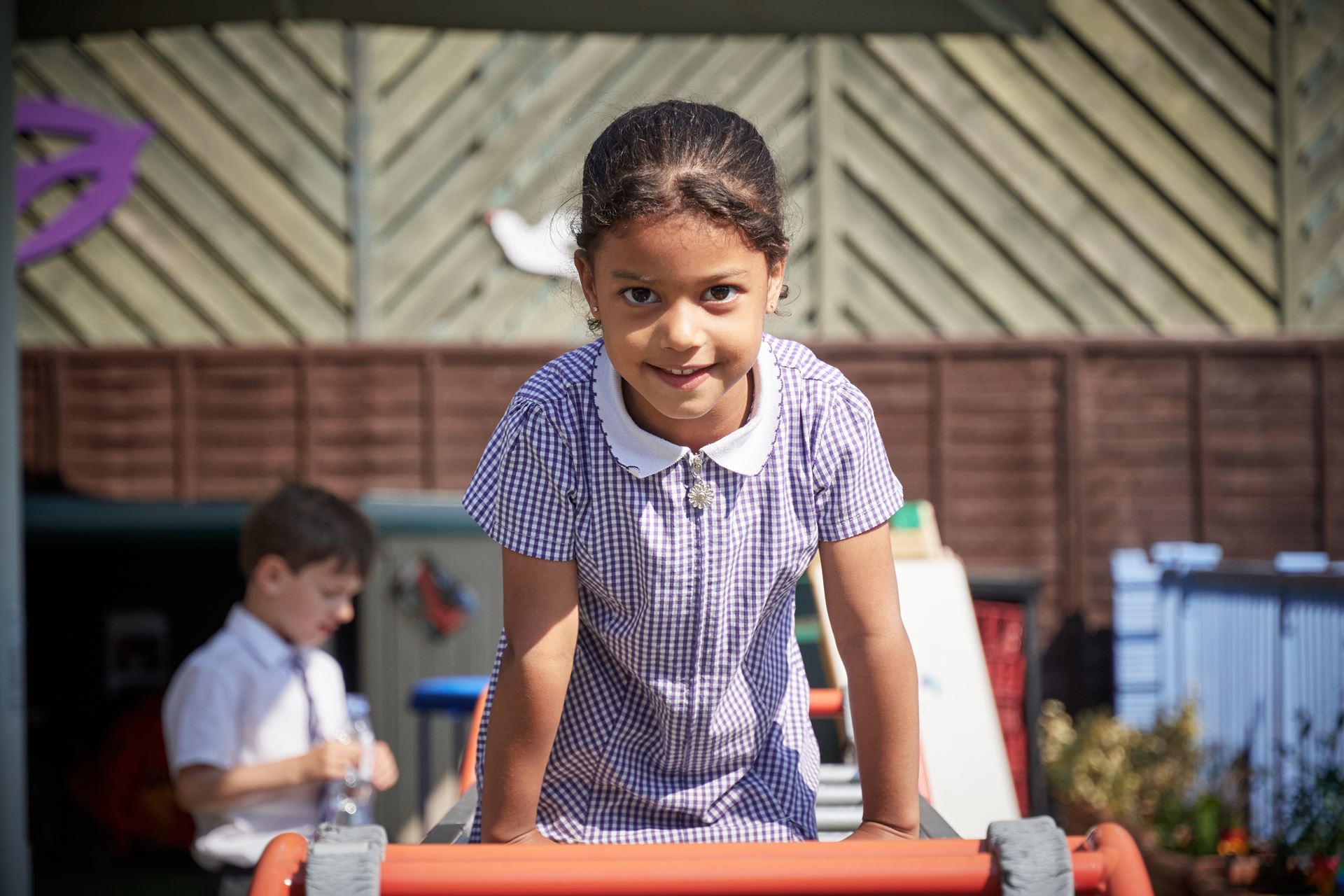 The Early Years Foundation Stage (EYFS) framework includes 7 areas of learning and development that are equally important and inter-connected. However, 3 areas known as the prime areas are seen as particularly important for igniting curiosity and enthusiasm for learning.
The Early Years Foundation Stage (EYFS) framework includes 7 areas of learning and development that are equally important and inter-connected. However, 3 areas known as the prime areas are seen as particularly important for igniting curiosity and enthusiasm for learning.
The prime areas are:
- Communication and language
- Physical development
- Personal, social and emotional development
The prime areas are strengthened and applied through 4 specific areas:
- Literacy
- Mathematics
- Understanding the world
- Expressive arts and design
Weaving throughout the EYFS curriculum at Holy Ghost are three Characteristics of Effective Teaching and Learning:
- Playing and exploring – children investigate and experience things, and ‘have a go’
- Active learning – children concentrate and keep on trying if they encounter difficulties, and enjoy achievements
- Creating and thinking critically – children have and develop their own ideas, make links between ideas, and develop strategies for doing things
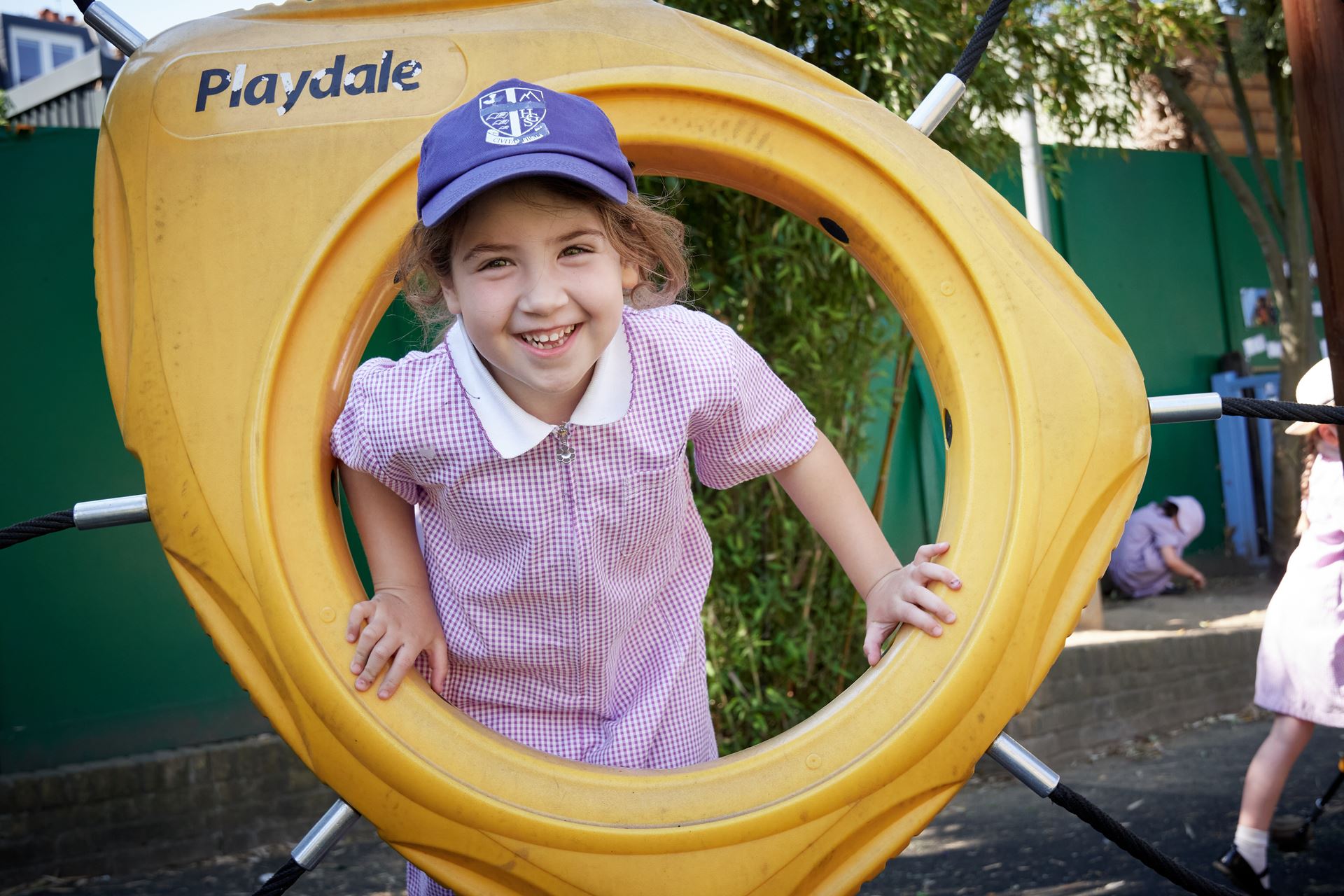 These elements underpin how we reflect on each child’s development and adjust our practice accordingly. Supporting children in their individual learning behaviour and observing the context of children’s play is essential.
These elements underpin how we reflect on each child’s development and adjust our practice accordingly. Supporting children in their individual learning behaviour and observing the context of children’s play is essential.
The impact of the EYFS curriculum is reflected in having well rounded, happy and confident children transitioning into Year 1. Effective communication and collaboration ensure the children leave the EYFS with a solid foundation of learning of which to build upon.
As a team, we carry out regular internal moderation sessions and also ensure that staff attend external meetings and training to ensure that we are confident with our judgements and that these judgements are consistent with a range of other settings. Assessment starts with careful observations which are then used to inform planning. Learning and teaching is thus effective when children feel a sense of belonging, curiosity and competence.
The Environment - We embrace every part of the environment, and every part of the day, in providing an opportunity for learning. From the social experience of eating lunch: handling cutlery, remembering to appreciate those who help us, thinking about healthy eating, communicating with our friends; to the playground: sharing equipment, taking turns, helping each other, developing physical skills, to the adult led and child initiated learning in the indoor and outdoor classroom. 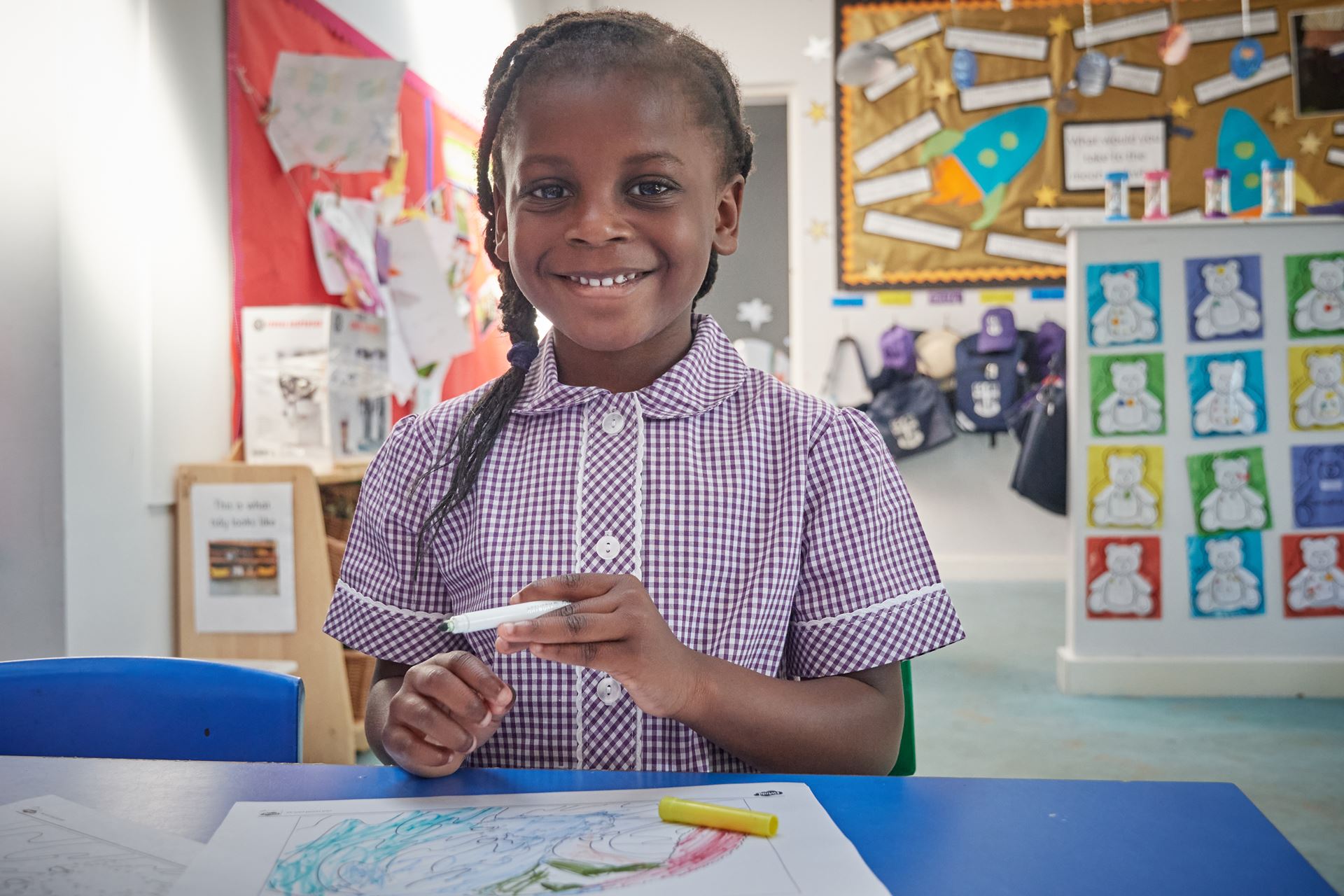
Relationships - Learning is dependent on feeling safe. Children learn how to keep themselves safe, but also how and when to ask for help if they need it.
Positive interactions and relationships enable children to feel safe enough to make mistakes, to persevere, to not give up. Sharing, taking turns, listening and communicating appropriately are skills that are valued and modelled, and part of every learning situation.
 We work closely with our families and the Holy Ghost Church to support children in promotion of the Catholic faith, the children’s personal, social and emotional development alongside their own unique learning journey. In Holy Ghost Early Years class, adults model and support children in developing understanding of their own and others’ feelings, learning to form positive relationships, treating each other with dignity, respect and sensitivity, leading to excellent behaviour and appropriate communication skills.
We work closely with our families and the Holy Ghost Church to support children in promotion of the Catholic faith, the children’s personal, social and emotional development alongside their own unique learning journey. In Holy Ghost Early Years class, adults model and support children in developing understanding of their own and others’ feelings, learning to form positive relationships, treating each other with dignity, respect and sensitivity, leading to excellent behaviour and appropriate communication skills.
Lifelong Learners - The skills needed to become an excellent lifelong learner are developed in Early Years. Listening and communicating, developing independence, harnessing every child’s capacity to learn and providing learning opportunities which inspire wonder are the first building blocks to developing excellent learning behaviours.
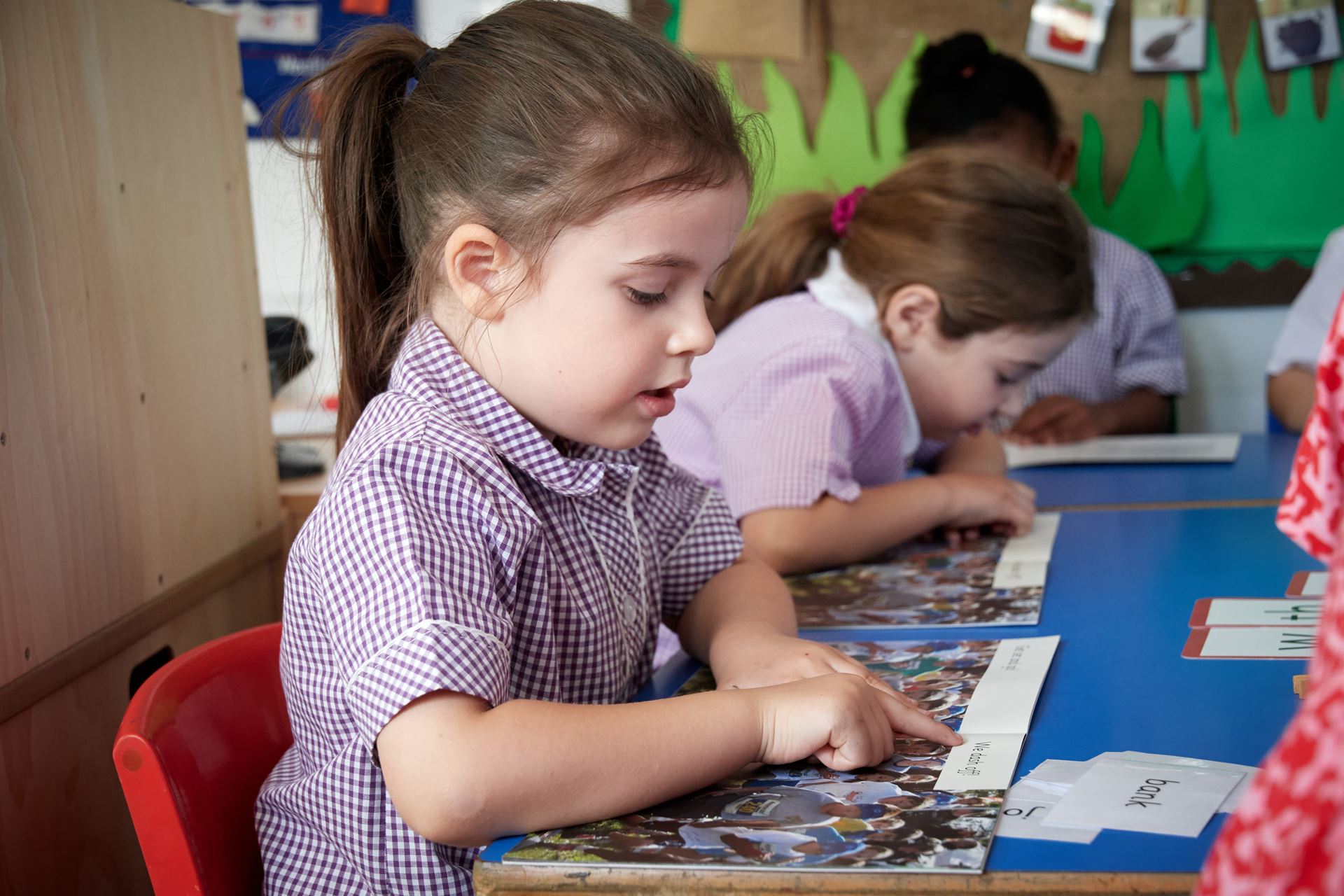 Focussing on the process rather that the outcome means that learning for example to hop or hold a pencil with a tripod grip or to dress oneself provide a valuable learning experience.
Focussing on the process rather that the outcome means that learning for example to hop or hold a pencil with a tripod grip or to dress oneself provide a valuable learning experience.
We model language, expectations, questioning, perseverance, collaboration, making ‘marvellous mistakes’ to support children to become excellent learners.
Curriculum Overview for EYFS 2025-2026
EYFS - Maths in Early Years
Attached is the presentation on how we teach maths in the early years as shown in the recent March Stay & Play sessions.

